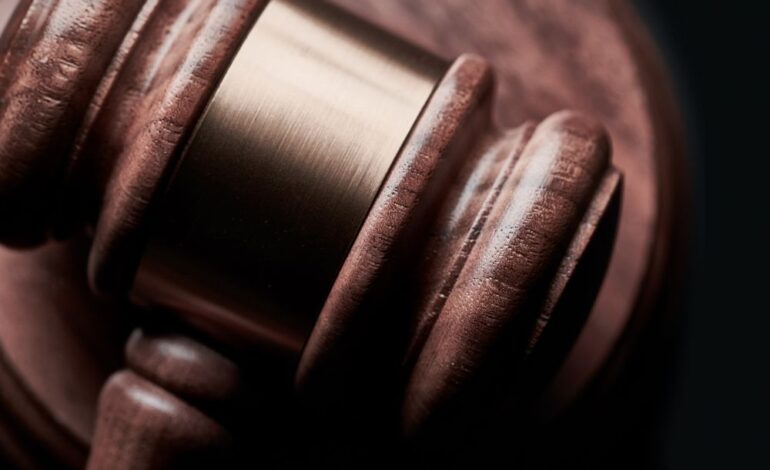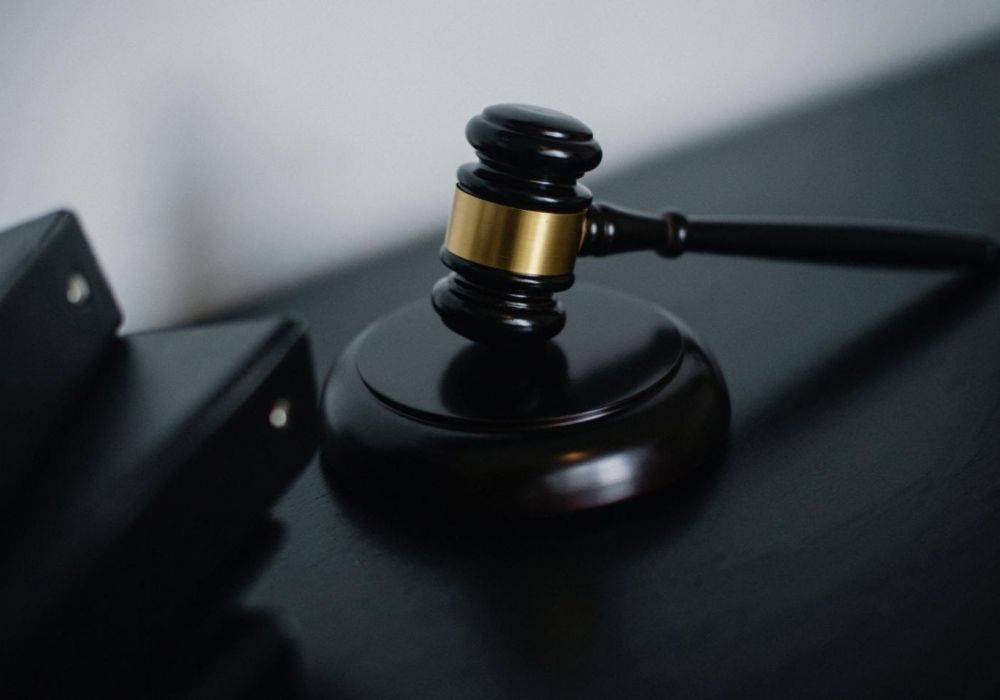Facing Charges at Court? Here’s How to Defend Yourself

Getting charged with a crime in court can be painful and overwhelming in so many aspects. It’s even more frustrating if you are facing charges for a crime you didn’t commit or one that you committed under duress. But it’s how the judicial system works, you have to be tried in court to prove your guilt or innocence.
Now, when facing charges in court, you can either choose to go it alone or get a defense attorney to represent your case. The steps you take from the moment you get arrested or learn of the charges are paramount. Depending on the nature of the charges and the complexity of the case, they will determine whether you spend time behind bars, or incur hefty costs in fines. The latter is often an option in some misdemeanor offenses. Your reputation could also be on the line when facing criminal charges unless you’re proven innocent.
Let’s look at a few pointers you may find helpful on how to defend yourself when facing criminal charges in a court of law.
1. Don’t Defend Yourself: Get a Good Defense Attorney
If you are planning on going it alone – perhaps because you’re innocent – the first thing you will want to do is, pause, and reconsider your move. Criminal cases can have tons of complexities surrounding them, and defending yourself in front of the judge and the jury can be suicidal to your freedom.
Many of these cases require a high level of understanding of the law, alongside legal expertise and experience in similar cases. Before making the slightest move, it pays to consult a decorated criminal defence attorney for legal advice regarding your case. Even if they don’t represent your case, they will provide you with insights into how you should proceed to maximize your chances of getting your charges dropped, reduced, or acquitted.
Your lawyer will explain the weight of your case in simpler terms and provide you with several options or the next steps to take. Nonetheless, the best approach will be to work with your defense attorney right from the start if you want the most favorable outcome in your case. This way, you will have less to worry about when it comes to building your case, legal jargon, the law, and everything in-between.
2. Understand the Law
With an understanding of the law, you have a better shot at getting a fair ruling or judgment in court. Find as much information as possible from reliable sources on what the law says regarding the charges you are facing. Coming to court equipped with knowledge of the law can help minimize your chances of making a mistake or bizarre statement during the trial that could end up sending you to jail.
You will also learn how to conduct yourself and what to avoid throughout the court proceedings. Nonetheless, it pays to stay informed and familiarize yourself with the legal lingo as much as you can. If you have a trusted attorney in your corner, you may not need to sweat blood reading endless volumes of law books.
3. Collect Appropriate Evidence
Facts and evidence are the two most important tools used to pass judgment or make a ruling in court. A concrete proof will always help strengthen your arguments in court proceedings. When defending yourself in court against criminal charges, you will want to have as much evidence as possible. On this note, you can rest assured that the plaintiff’s lawyer or the state will also be gathering tons of evidence from the other side.
Again, you are better off with an experienced defense attorney because they know which pieces of evidence will hold in the courtroom and which ones will be trashed on sight. Some commonly used pieces of evidence in criminal courts include:
- Having an Alibi – An alibi is when you can prove that you were in a different location (and not at the crime scene) at the exact time the crime or offense took place. It is sometimes accepted as both material and exculpatory evidence, often depending on the nature of the case.
- Audio or video recordings – Tape recordings may also stand as evidence. They could be from witnesses, yourself, or another party.
- Crime scene evidence – Often found in police reports, these may include crime scene photos, blood, weapons recovered DNA fingerprints, blood samples, etc.
- Investigation notes – Interrogation notes may also serve as helpful evidence.
4. Find Witnesses
In some criminal cases, you may plead not guilty and make the so-called “no-evidence motion” in your defense. Here, you are basically arguing that there is no proof to tie you to the crime you are being accused of. If you lose this or fail to make one, the court may grant you permission to call witnesses to testify under oath. They give an account of what happened in support of your defense.
Testimonies from witnesses can have a huge impact on the case during criminal defense proceedings, so having a few of them can come in handy. It is advisable to question your witnesses first, so you know they have good intentions. They may also be cross-examined by the Crown (court prosecutor).
5. Maintain a Positive Mind
While criminal charges can be overwhelming to anyone, it pays to maintain a positive mind throughout your defense trial. The good thing about the 21st-century criminal justice system is that you are innocent until proven guilty. While you or your lawyer tries to prove your innocence, the prosecution will also have to prove you guilty. This burden/standard of proof should be encouraging enough, despite how frustrating you find the case.
6. Consider Striking a Deal
When facing criminal charges, you may not always be directly guilty or innocent. For instance, you might have acted in self-defense or committed the crime while intoxicated. Perhaps your actions were driven by mental health challenges, or you are looking at an entrapment defense case where your crime was induced by a superior. All these cases are analyzed differently, so they have different maximum sentences. A reputable defense lawyer can advise you on the best way to plead, depending on the complexity and circumstances surrounding your case.

Defending yourself against criminal charges is never a walk in the park. It can be mentally and financially draining, not to mention the thought of having to face jail time for a crime you are innocent of. Hopefully, the above few criminal defense tips will help if you or someone you know is facing charges in court.










